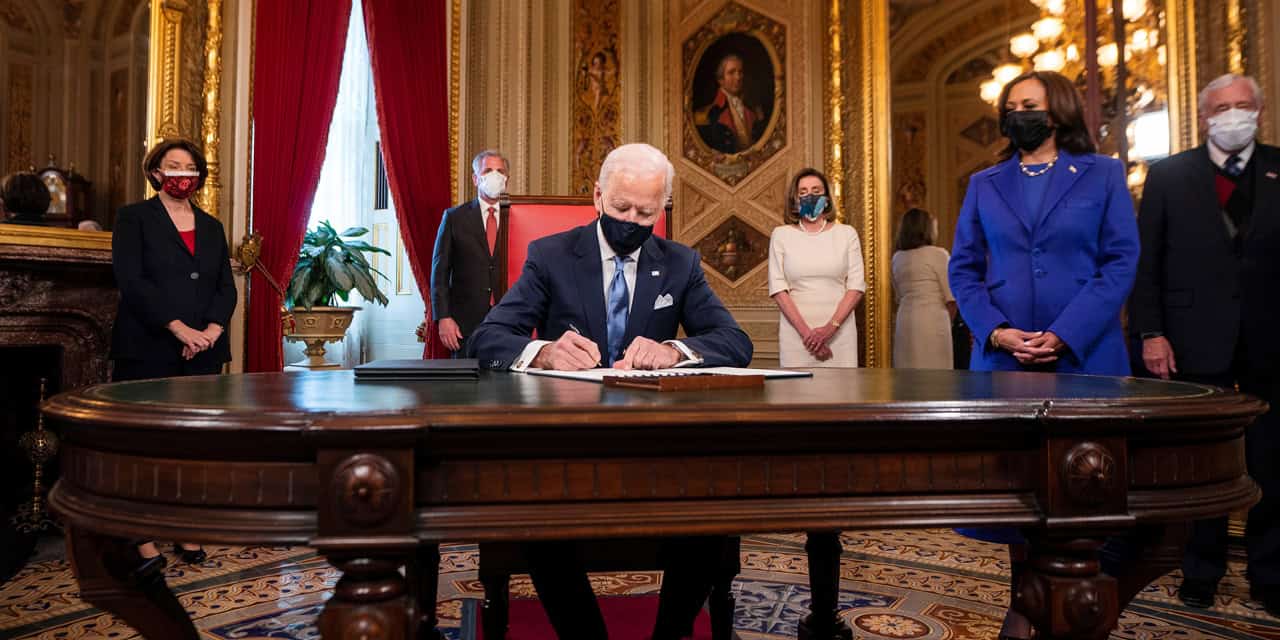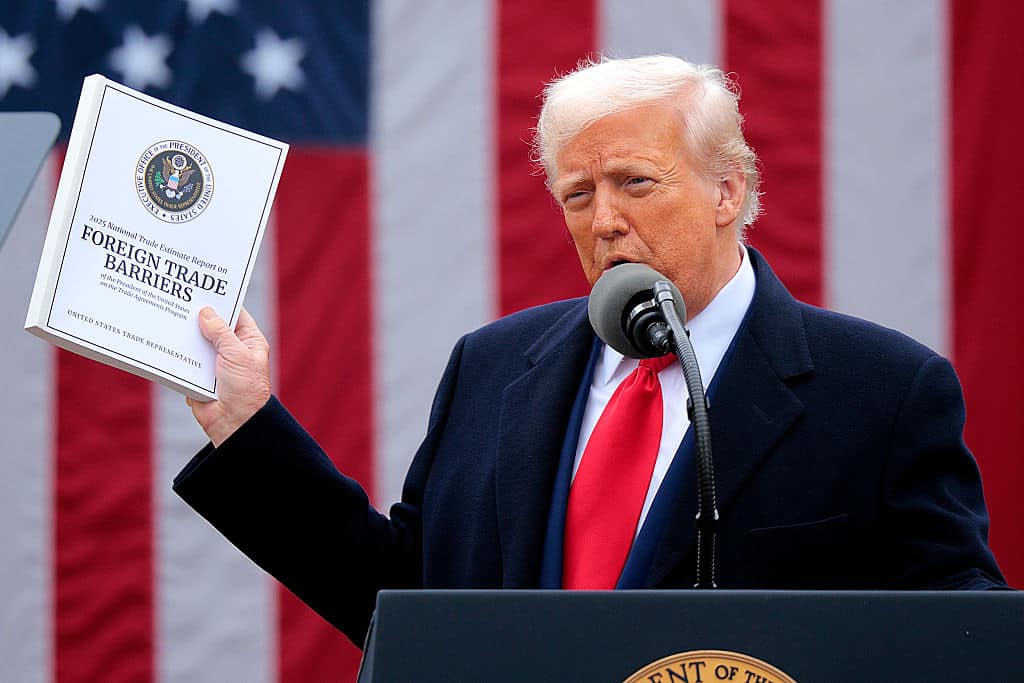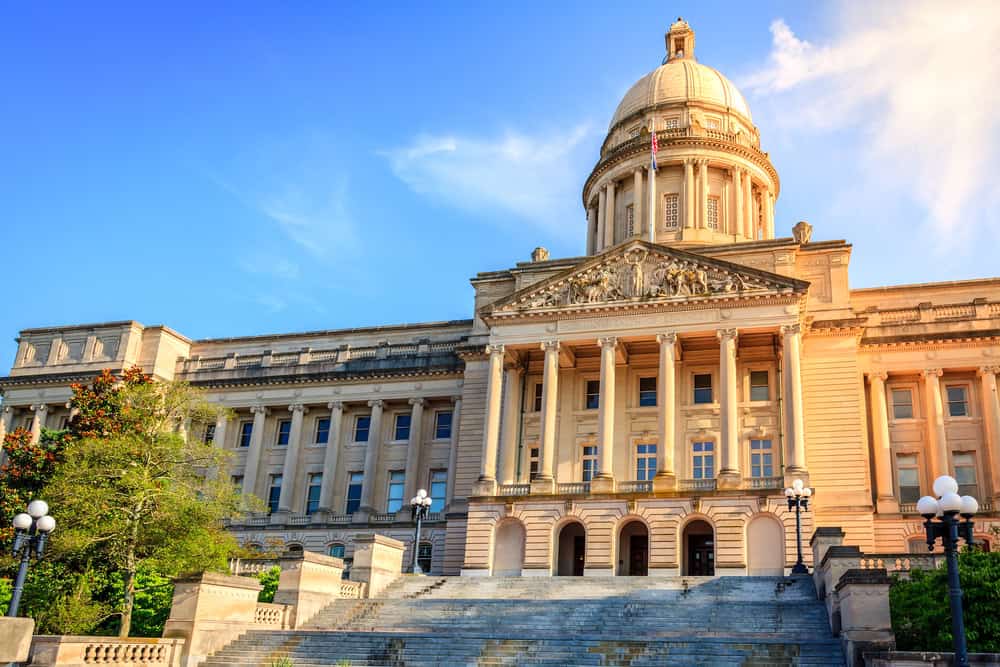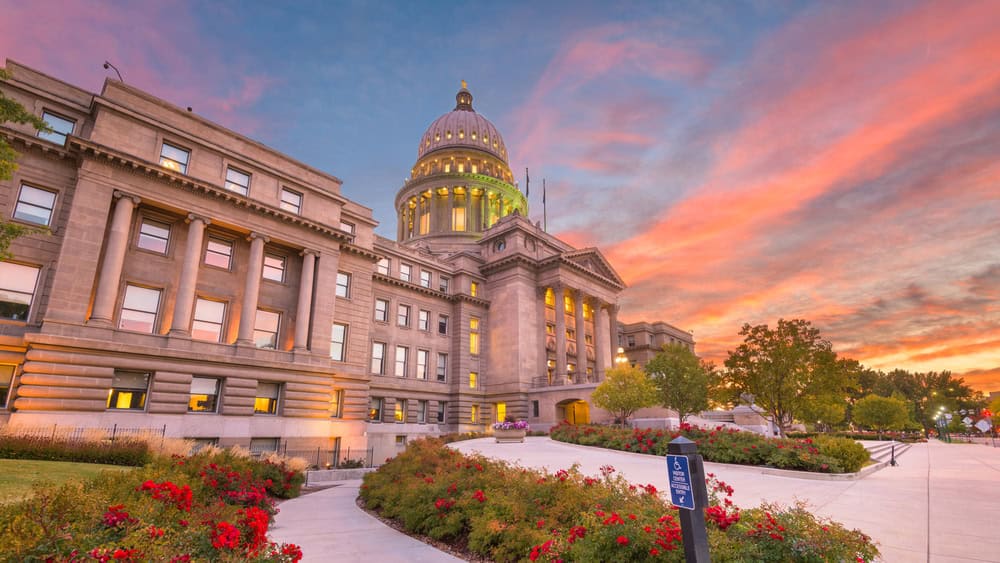President Biden Signs Executive Orders to Undo Trump Policies as First Official Act

Shortly after President Joe Biden was sworn in as the nation’s 46th president, he and congressional leaders gathered in an interior room inside the Capitol, known as the “President’s Room,” to participate in the first official act of his administration –signing an inauguration proclamation as well as a list of executive nominees he will submit to Congress. A few hours later, at the White House, Biden signed a number of of executive orders, memoranda, and other documents.
As the head of the executive branch, the president controls policy within the federal agencies that report to him, and he is granted authority under certain federal laws – many having to do with foreign policy – to make decisions as the head of state.
Among the reported executive orders and memoranda the president will be signing:
- An immediate pause in border wall construction and a halt to funds that were redirected by the Trump administration for that purpose.
- Revoke the Trump administration’s “aggressive” enforcement of border policy and directing new policies be created that are “in line with our values and priorities.”
- “Preserve and fortify” the Obama-era Deferred Action for Childhood Arrivals (DACA) program that Trump attempted to end at the presidential level and send back to Congress for action.
- Repeal the ban on entry into the United States from a number of predominantly Muslim countries – Sudan, Syria, Libya, Somalia, Yemen and Iran – ordered by Trump. The order was later amended to include the countries of North Korea and Venezuela, but the media and the left have referred to it as the “Muslim ban.”
- Revoke the Trump administration’s plan to exclude illegal aliens from the census count for the purposes of congressional reapportionment, the constitutional process whereby states are allocated a certain number of representatives in Congress. Revocation will benefit blue states such as California that have a large population of illegal aliens.
- Reengage with the World Health Organization. President Trump pulled the U.S. out of the organization in 2020.
- Rejoin the Paris Climate Accord. That agreement was originally entered into by the Obama Administration but President Trump recently completed our withdrawal.
- Revoke President Trump’s approval for the Keystone XL Pipeline.
- A mask mandate requiring masks on federal property and by federal employees and contractors. Biden will also “request” Americans to wear a mask for the next 100 days.
- Extend the COVID-19 eviction and foreclosure moratorium until March 31.
- Request the U.S. Department of Education to consider a “pause” on student loan interest and principal repayments until September 30.
- Order federal agencies to review the “equity” of federal agency treatment of minorities.
- Prohibit discrimination on the basis of sexual orientation and gender identity in federal hiring and ensure that agencies treat all federal nondiscrimination laws to protect sexual orientation and gender identity.
The Biden administration is also expected to review recently created federal agency rules and may cancel a significant number of them. Such agency actions included guarantees of religious freedom in federal contracting.
Other expected actions from Biden in the upcoming days and weeks include allowing transgendered women (biological men) to compete in women’s sports in secondary schools, rescinding the Mexico City Policy that precludes taxpayer money going overseas to organizations that promote abortion, and attempting to codify Roe v. Wade into federal law.
Photo from POOL/REUTERS
ABOUT THE AUTHOR

Bruce Hausknecht, J.D., is an attorney who serves as Focus on the Family’s judicial analyst. He is responsible for research and analysis of legal and judicial issues related to Christians and the institution of the family, including First Amendment freedom of religion and free speech issues, judicial activism, marriage, homosexuality and pro-life matters. He also tracks legislation and laws affecting these issues. Prior to joining Focus in 2004, Hausknecht practiced law for 17 years in construction litigation and as an associate general counsel for a large ministry in Virginia. He was also an associate pastor at a church in Colorado Springs for seven years, primarily in worship music ministry. Hausknecht has provided legal analysis and commentary for top media outlets including CNN, ABC News, NBC News, CBS Radio, The New York Times, the Chicago Tribune, The Washington Post, The Washington Times, the Associated Press, the Los Angeles Times, The Wall Street Journal, the Boston Globe and BBC radio. He’s also a regular contributor to The Daily Citizen. He earned a bachelor’s degree in history from the University of Illinois and his J.D. from Northwestern University School of Law. Hausknecht has been married since 1981 and has three adult children, as well as three adorable grandkids. In his free time, Hausknecht loves getting creative with his camera and capturing stunning photographs of his adopted state of Colorado.




